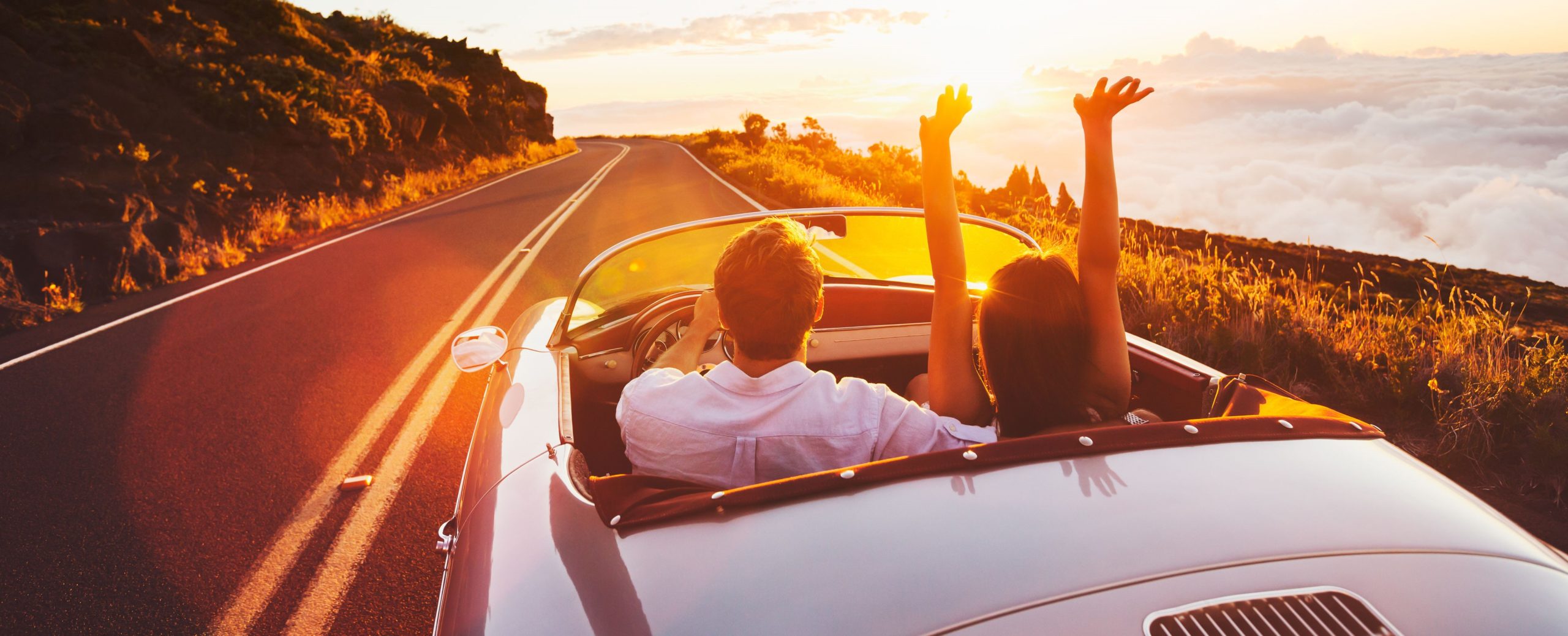To Try Or To Buy, What Will Make You Happier?
Many of us are motivated by money and material gains, at least to some degree. We all need money to fund our basic necessities, but once our basic needs are met there is much research to suggest more money and more stuff won’t make us happier. There is also the belief by many that in all cases, buying experiences over material items will make you happier.
I would think that to say it should be one way of the other is not that simple. It is possible to get long term emotional value from material items, especially those with a sentimental value, but placing too much importance on material things can be unhealthy. It is also possible to pay for an underwhelming experience.
In our latest article we suggest that it’s not necessarily the case to have to decide between the two.
Not all experiences are equal
Much of the conversation around buying experiences and happiness compares ordinary material purchases to extraordinary experience items.
Once in a lifetime experiences may not be regularly accessible to the average person. The day to day reality of regular experience items, such as going to a restaurant, don’t have the long-lasting impact on happiness as do grand experiences like climbing Machu Picchu.
Happiness gained from an average experience can deplete just as quickly as happiness gained from a material purchase. If you go to a fancy restaurant and the waiter is rude, and your food is cold, I doubt that It will create long-lasting happiness.
Consuming the same material item or experience gets boring over time
Whether a material item or not, when we find something we like, we can often get comfortable and consume it over and over again. It is possible to overdo it until we no longer get satisfaction from it. The first time we experience visiting a new country may feel amazing. But after the second, third and fourth time you may not get the same buzz.
A sensible option is to consume experiences frequently enough to gain the satisfaction from it but infrequently enough that the novelty doesn’t wear off.
We value stuff first then experiences
Research has found that wealthier individuals prefer spending on experiences, whereas less wealthy people place more value on purchases that improve their wellbeing in the present. For example, less wealthy people may gain more happiness from replacing old clothes compared to going on a luxury holiday as new clothes will improve a less wealthy person’s life more than it would a wealthy person. However, the study then found that when people imagined their income rising by 50%, they placed more value on experiences.
Material purchases also bring happiness
Who is to say that buying material items doesn’t bring long term emotional value or create an experience? Buying an old car and restoring it, or collecting vintage watches would be considered by some as unnecessary material purchases. But these kinds of items often have a back story that creates long term sentimental value for the buyer.
Social relationships
More often than material items, experiences are consumed with other people, which create new relationships and deepen existing ones. It is evidenced that strong social relationships are the most consistent predictor of a happy life. So any opportunity to develop this should be taken.
New perspectives
Unlike buying stuff, experiences open up the opportunity to see new cultures, places and appreciate the world from different points of view. All of which enrich our lives. The long-term memories and stories that good experiences bring create value and happiness on top of the experience itself.
Keeping up with the Jones’s won’t make you happy
One thing that’s for sure with both material and experiences purchases is that buying solely based on what other people have will do the exact opposite of making you happy. Make choices that you can afford and that are in line with what you value and will enjoy.
Both material items and experiences can make you happy. The key is deciding what’s more important to you and having balance in your choices. If you want to buy a luxury item, buy it because it’s in line with your interests. Don’t just go to the Maldives because it’s the trendy place to go this year, have an experience that is meaningful to you.
Perhaps the conversation should be less about whether we should buy experiences or stuff and more about how we can live the life we want with what we have. One thing we do know is life is not a rehearsal.
What is the life you would like to live? What is more important to you, going out with a bang or leaving a legacy? Is there a dream purchase or is there a dream experience?
These are the sort of questions that life-centred financial planning can help you answer and is the philosophy behind Pyrmont’s Lifeplan process. Contact us here to find out more.

